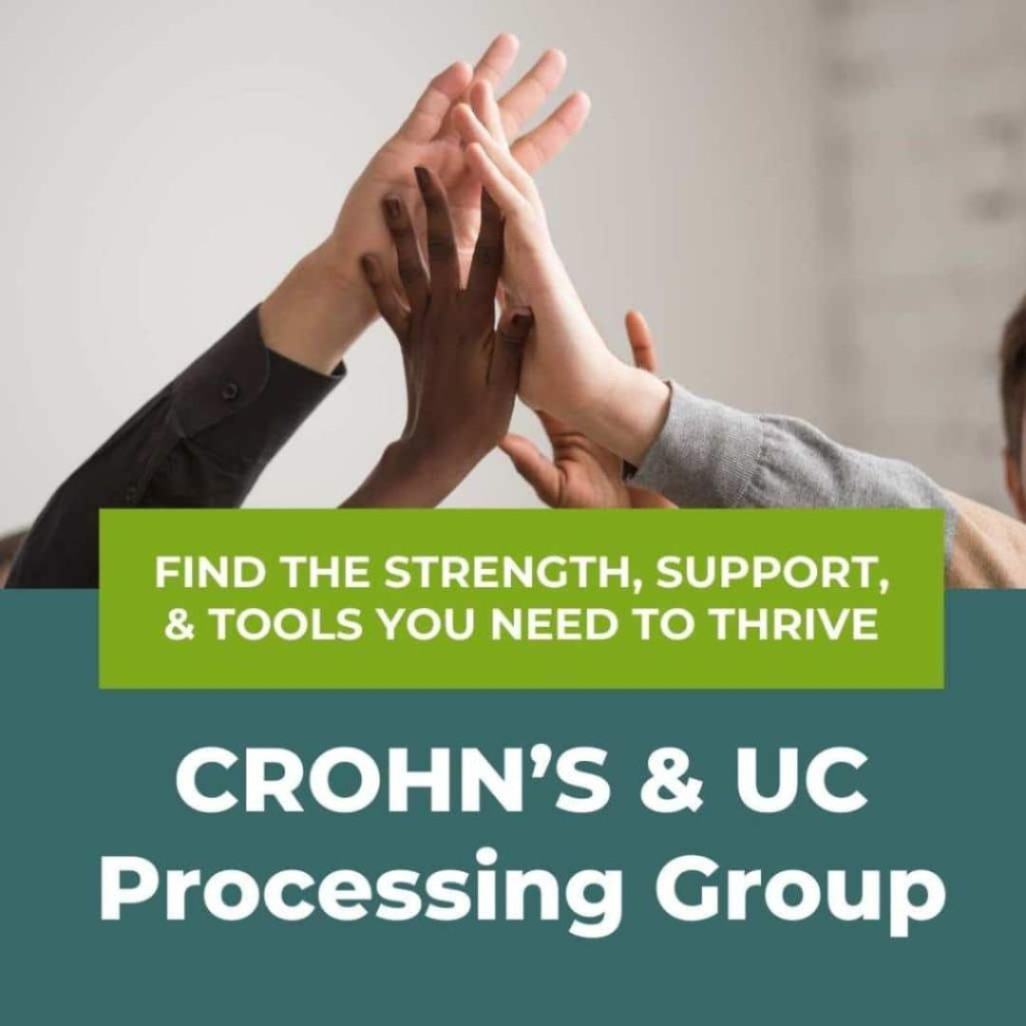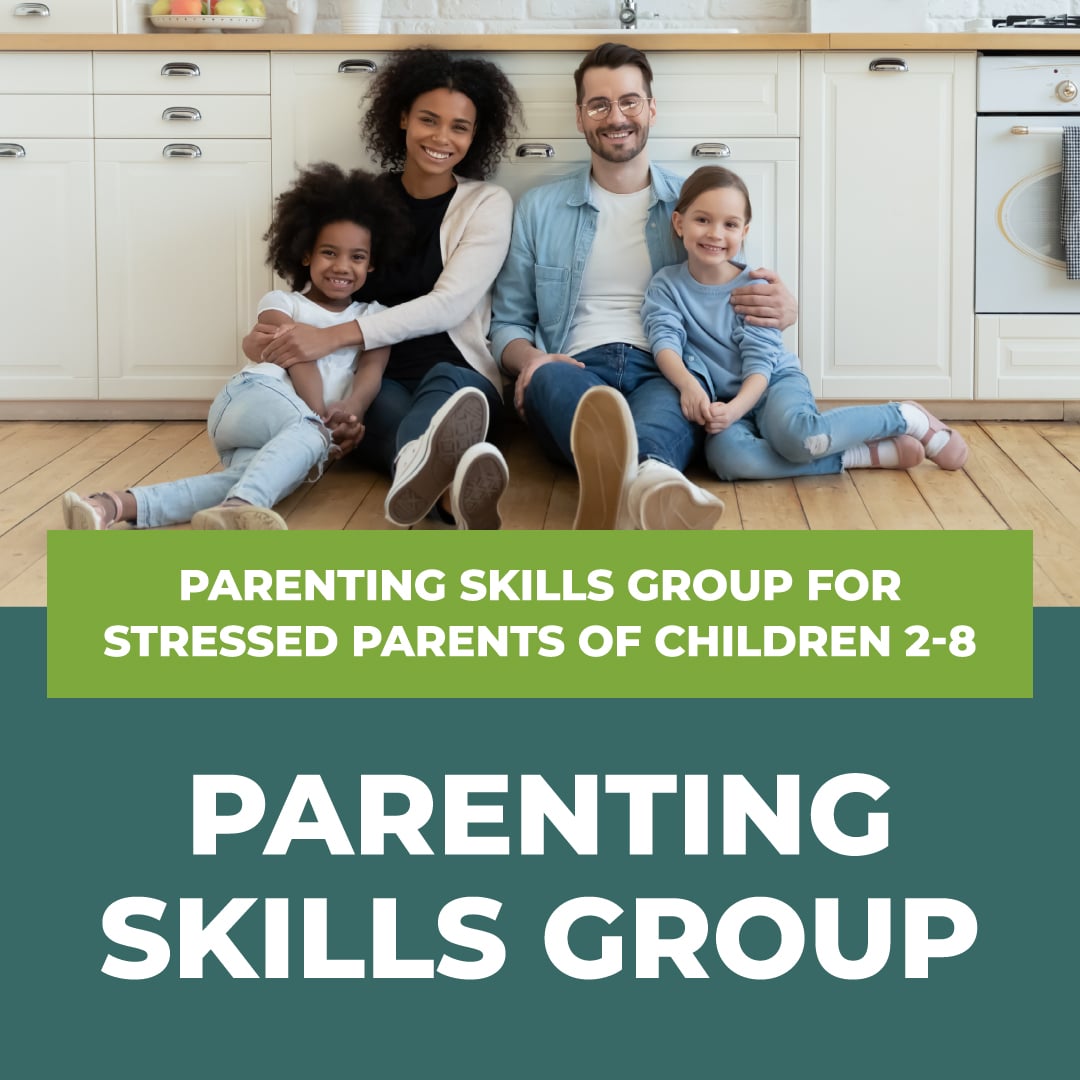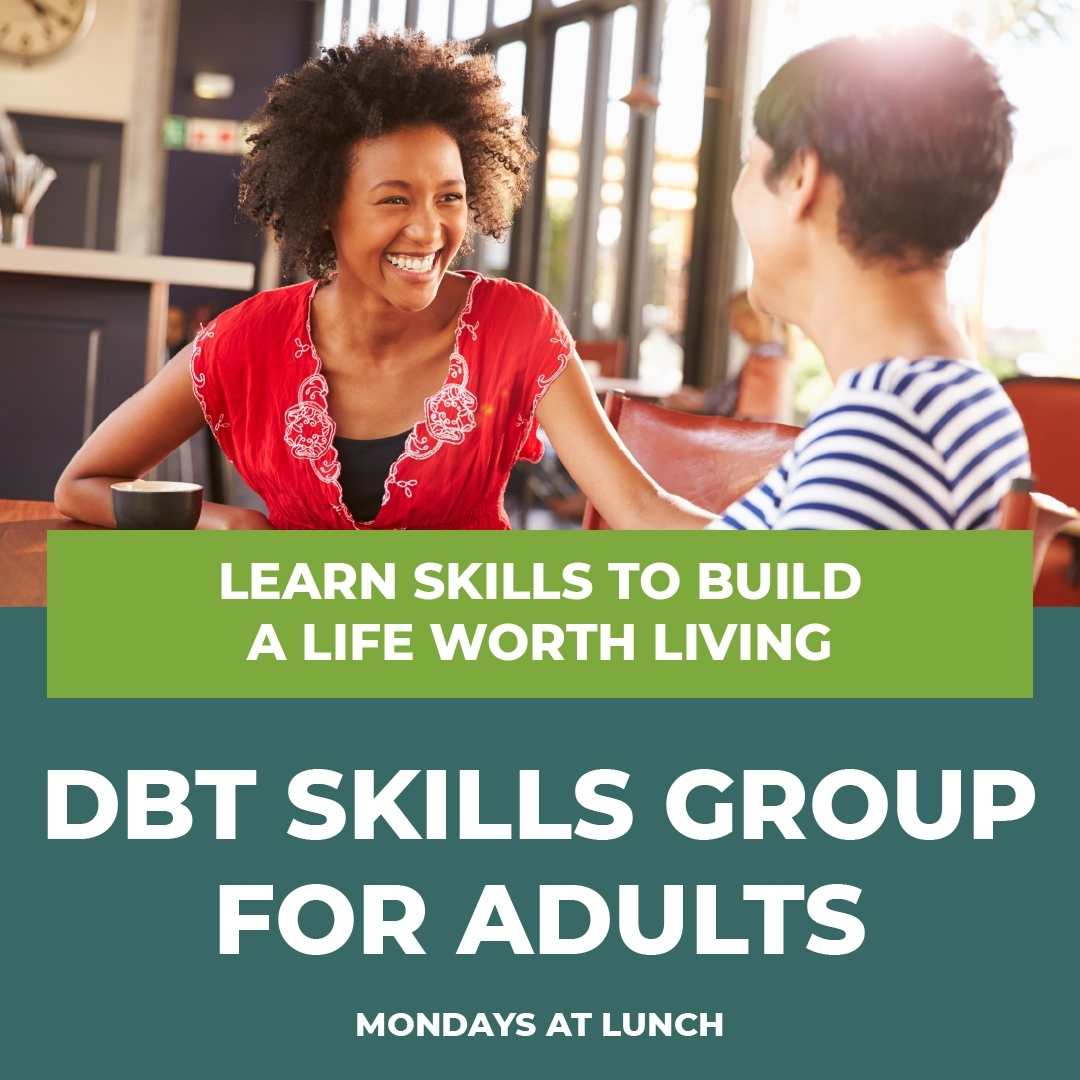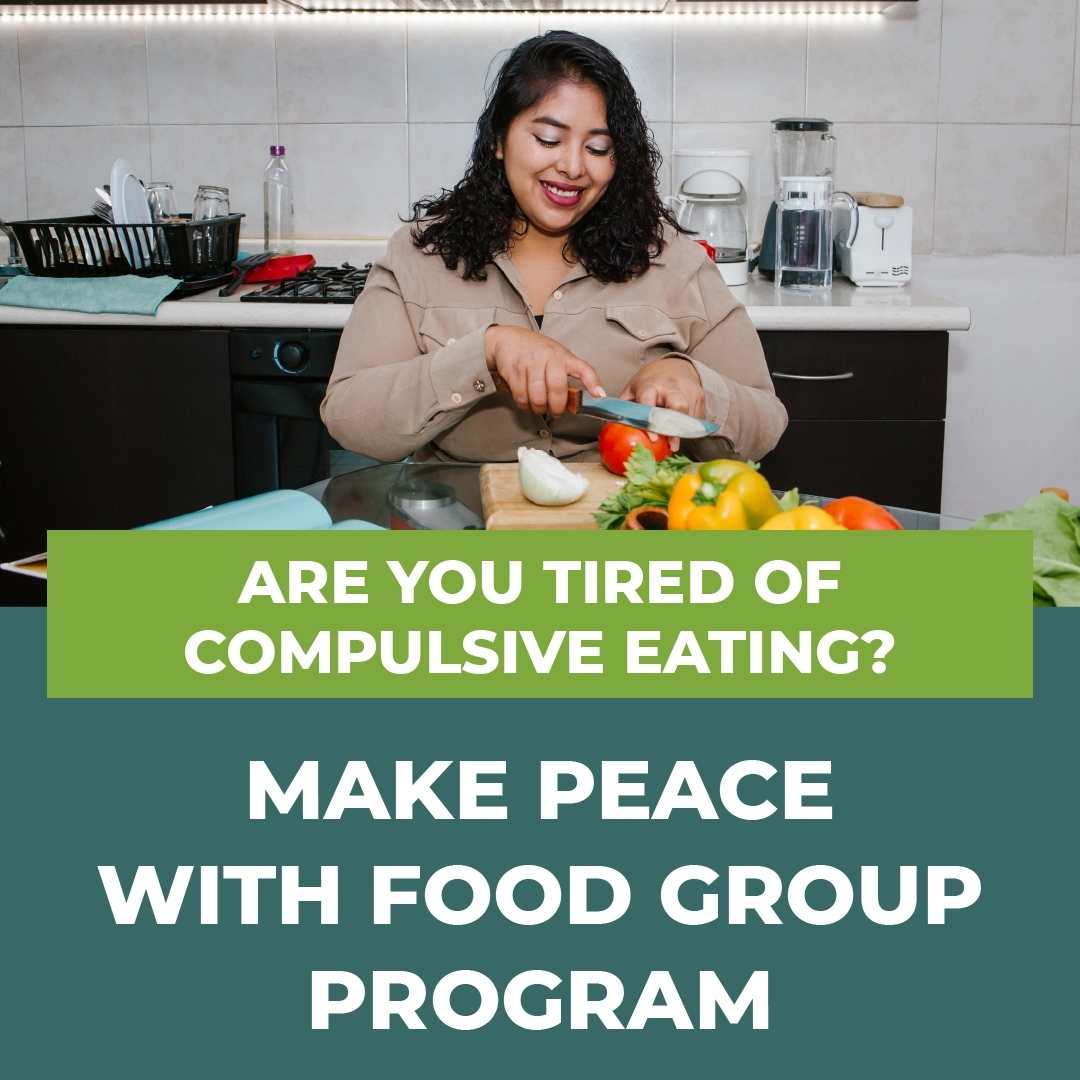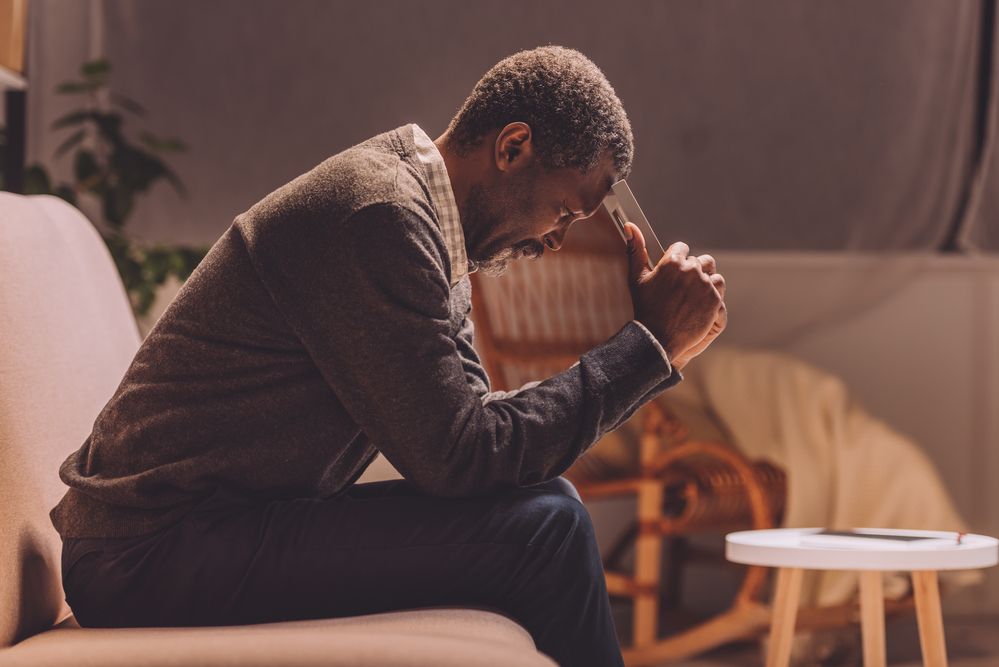July 19, 2017
Growing Older: The New Realities of Aging
Written by Rachel Eddins
Posted in Emotional & Mental Health and with tags: aging

In her new book Disrupt Aging, Jo Ann Jenkins describes the dramatic changes occurring in how long we live, how we age, and the new choices that become available as a result. There has been more progress in the last century in extending human life, and extending healthy life than there has been in all of human history before that time.
Baby Boomers aren’t just refusing to recognize our age, we’re recognizing that we are aging differently from prior generations, and are not willing to be relegated to the ash heap while we are still vital, engaged and productive. With advances in medicine, and active self care, we are living what Jenkins refers to as a new extended middle age. Fifty is no longer “over the hill,” at the peak on an inevitable decline. It is an age that is being redefined, as we speak, as an era of ongoing vitality followed, after years, even generations of healthy engagement in life, by quick decline in old age.
Some of this new longevity comes from the simple good luck of inheriting good genes, but much is affected by our lifestyle decisions: are we eating a balanced diet of mostly vegetable-based foods? Are we maintaining a healthy weight? Are we getting regular exercise? Are we avoiding smoking? Are we minimizing the time we spend sitting? Are we maintaining an active intellectual and social life? Are we building up the mental reserves that allow us to better weather the challenges of the aging brain? Taking ownership of our ongoing well-being is a key element of aging well.
We don’t have to change everything over night, but ongoing small steps lead to big changes over time. Maybe your first step is physical therapy to prepare yourself to a return to a more active life. After that, it may be a graduated exercise program. The key is to set a pace that prevents setbacks.
Maybe it is making a small, but significant change in your diet, like shifting the ratio of meat to vegetables in your normal meal. Deprivation is difficult to sustain, but with gradual changes our tastes begin to evolve toward a new normal.
Maybe we take care of our mental (and brain) health by reaching out to family or friends. Or learning a new language or taking up dancing? Or spending less time in front of the television set or other electronic screen. As the research shows, “sitting is the new smoking” when it comes to our health.
So my question to you is: Are you just getting older or are you growing older? Betty Friedan says, “Aging is not ‘lost youth’ but a new stage of opportunity and strength.” How will you choose to use this new stage of opportunity and strength?
Will you take on that social problem that you set aside when you were supporting a family? Now that you have a financial foundation that will support the risk, will you start that career that has called to you since your youth? Will you take on the emotional pain that has kept you stuck for years, and enter a new era of psychological health and freedom? Will you recognize that your choices, your actions will set the tone for the rest of your life and engage in life at a new level?
How will you take care of yourself in your extended middle age and how will you take advantage of the opportunities this age presents? I invite you to join me in this new life adventure. Choose growing older rather than just getting older.
Life coaching can help you grow older with a more focused purpose. Click here to schedule an appointment online, or give us a call at 832-559-2622 . We can’t wait to continue your journey with you.
Grounding & Self Soothing
Get instant access to your free ebook.
Why You Feel This Way
Get instant access to your free ebook.


